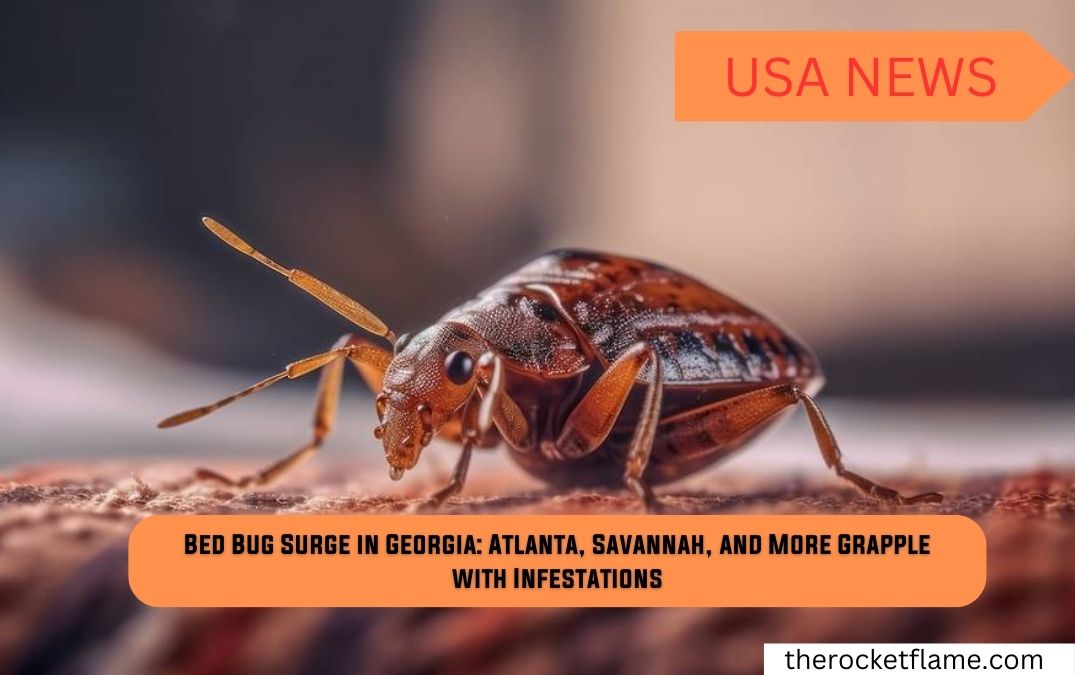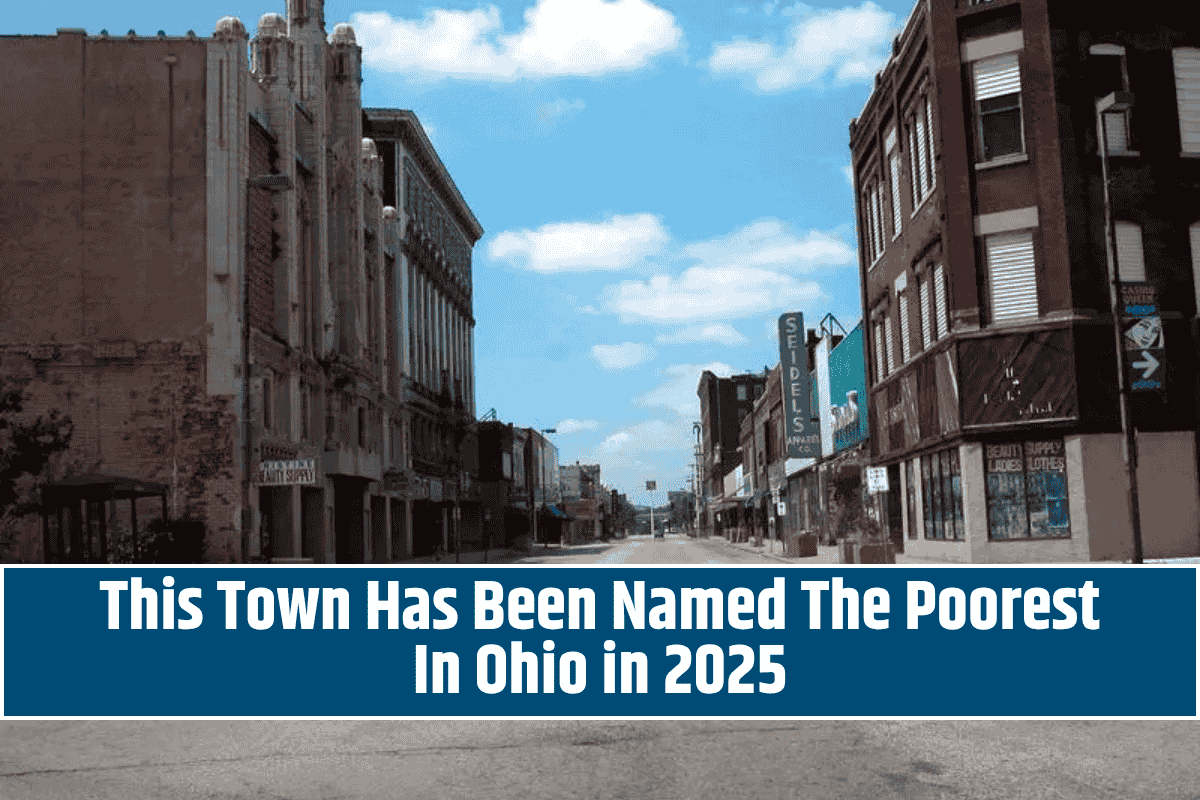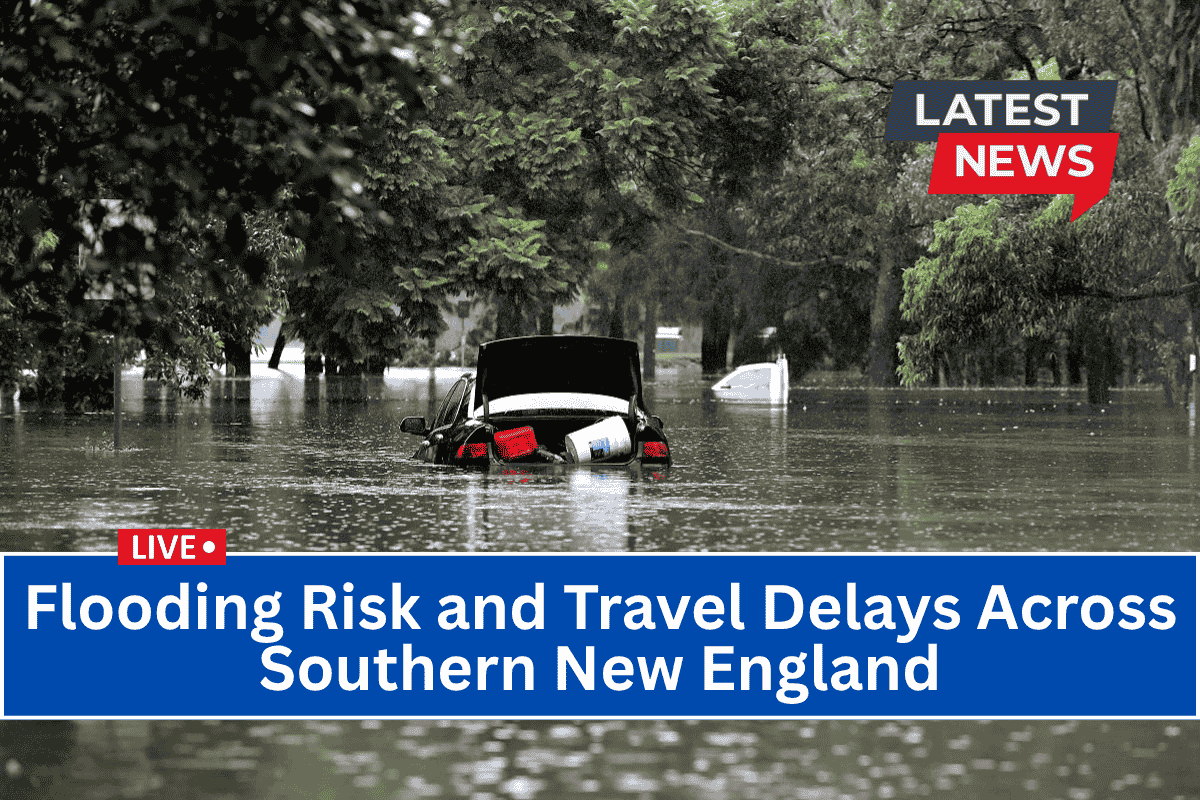Several Georgia cities are fighting a growing bed bug crisis in 2025, driven by travel, population density, and pesticide resistance. Atlanta, Sandy Springs, Savannah, Macon, and Athens are among the hardest-hit areas as infestations surge across homes, hotels, and public facilities.
Local governments and pest control agencies are stepping up with inspections, education campaigns, and rapid treatments to manage this resilient insect invasion.
What Happened
Georgia is facing a sharp increase in bed bug infestations in 2025.
National reports have ranked five Georgia cities among the most affected, prompting aggressive local responses.
Atlanta leads the list, while other cities like Sandy Springs, Savannah, Macon, and Athens are also experiencing significant outbreaks.
Key Details
Below is a snapshot of the top five affected Georgia cities and their current bed bug status:
| City | National Rank | Main Factors | Response Measures |
|---|---|---|---|
| Atlanta | #13 | High travel traffic, dense housing | Public awareness campaigns, fast-track pest response |
| Sandy Springs | #85 | Proximity to Atlanta, rising population | Education for residents and property managers |
| Savannah | #145 | Historic buildings, tourist-heavy | Hotel inspections, public awareness |
| Macon | #248 | Older housing, transient populations | Outreach to low-income residents |
| Athens | #264 | Courthouse incident, large student base | Full facility treatments, updated protocols |
Reactions or Statements
Local Officials: City and county officials across Georgia have acknowledged the surge and are investing in public education and early detection.
Health Departments: Agencies are urging residents to inspect luggage, wash bedding regularly, and report infestations early.
University Administrators (in Athens): Called for improved pest management policies on campuses and in public buildings.
Why the Problem Is Spreading
Several core reasons are contributing to the rise of bed bug infestations in Georgia:
- Travel and Tourism: Bugs hitchhike via luggage, clothing, and furniture.
- Resistance to Pesticides: Bed bugs are evolving and becoming harder to eliminate.
- Lack of Public Awareness: Delayed identification allows infestations to spread.
- Urban Density: Shared living spaces and transient populations increase risk.
What Cities Are Doing to Fight Back
Georgia cities are adopting a multi-pronged approach to contain the outbreaks:
- Educational Campaigns: Informing the public about signs of infestation.
- Inspections: Especially in hotels, motels, apartments, and government buildings.
- Pest Control Coordination: Working with certified professionals for rapid treatment.
- Support Programs: Providing low-income communities with access to pest services.
FAQs
Q: How can I tell if I have bed bugs at home?
A: Common signs include tiny reddish-brown bugs, blood spots on sheets, and itchy welts on the skin.
Q: What should I do if I suspect bed bugs?
A: Contact a licensed pest control company immediately and avoid moving infested items to prevent spreading.
Q: Are bed bugs dangerous?
A: While not known to spread disease, their bites can cause allergic reactions, infections from scratching, and emotional distress.
Q: How are cities like Athens handling infestations in public buildings?
A: Facilities like the Athens-Clarke County Courthouse are undergoing comprehensive pest control and revised inspection protocols.
Q: Which Georgia cities besides the top five are affected?
A: South Fulton, Johns Creek, Columbus, Warner Robins, and Roswell also appear on national infestation rankings.
Final Takeaway
Bed bug infestations are on the rise across Georgia in 2025, hitting cities like Atlanta, Savannah, and Athens the hardest.
Through coordinated public health initiatives, community education, and swift response strategies, these cities aim to contain the spread and protect residents.
Staying informed and taking proactive steps is key to avoiding and managing these resilient pests.












